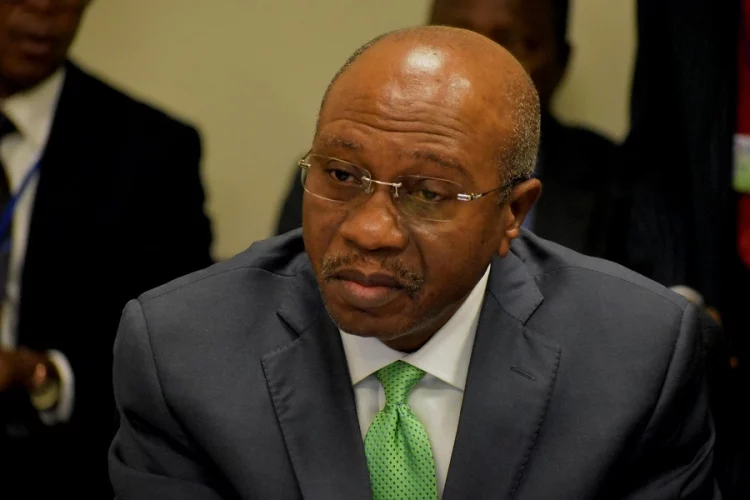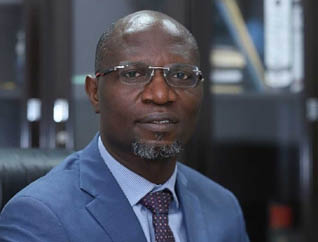Governor of the Central Bank of Nigeria, Mr Godwin Emefiele has set an ambitious 95 percent financial inclusion target for the apex bank to achieve between now and end of January 2024.
He gave the mandate to his team at the central bank and other stakeholders in the nation’s financial system during the launch of SabiMONI e-Learning Platform, a fully digital platform that provides knowledge base for financial literacy, yesterday.
Penetration of financial literacy in Nigeria is still low, with a current rate of 64.1 percent, a development CBN’s director, consumer protection department, Mrs.
Rashida Monguno said is connected with shortage of skilled financial literacy
trainers and limited avenues or channels for financial education.
The promise as at 2017 is that by the end of 2022, Nigeria would have achieved 80 percent financial inclusion rate.
Telcos, Banks Dispute Not Fees Related – CBN
“We must do everything possible to hit the mark by end of January 2024 for 95 percent rate of financial inclusion,” Emefiele said at the Abuja launch.
Research has shown that the absence of or low levels of financial literacy constitutes an impediment to financial inclusion.
The EFInA Access to finance report indicated that Nigeria has a high rate of financial exclusion when compared to its peers in the Sub-Saharan Africa (EFInA A2F 2020). It also identified low awareness levels or low financial literacy levels as constituting a major barrier to financial inclusion in Nigeria.
The CBN governor said the SabiMONI financial literacy e-learning platform “will enable us drive financial education physically through the Certified Financial Literacy Trainers at the locations where it is most needed.
It will enable us to drive digital financial literacy thereby boosting consumer confidence in the uptake and utilisation of digital financial services.”
Mr Emefiele said the shortage of skilled and experienced persons to drive financial education remains a major hindrance, challenge the bank intends to address with deliberate steps to upscale financial capability through financial education programmes.
The SabiMONI portal is designed to serve as a repository of information not only for learners but also for researchers in the most effective manner.
“We found that deepening the payment system infrastructure needed to be taken seriously,” a reason he said the apex bank has intensified efforts at deepening financial inclusion through various mechanism.
“Financial inclusion is a strong lever for bridging income inequality, combating poverty and preserving social harmony and ultimately financial system stability,” he stated.
Deputy governor, financial system stability, Mrs. Aishah Ahmad said financial literacy is a prerequisite for greater financial inclusion, which would lead to stability of the financial system and ultimately economic growth and development.
“This is a catalyst for greater financial inclusion and stability of the financial system,” Munguno said.
SabiMONI was conceived of as an avenue for driving financial education amongst the target segment of the Nigerian population that would facilitate financial education programmes for end beneficiaries, Munguno said. “It will also support efforts at enhancing financial inclusion through digitalization. It would serve as a channel for propagating digital financial literacy thereby ramping up adoption and usage of digital financial services,” she said.
The platform currently consists 15 financial literacy modules and the learning methodology. Some of these modules include needs and wants, non – interest finance, fraud and scam, budgeting, investing. The modules are fashioned in a training of trainer model with the primary targets being the ‘intermediaries’ segment’. Upon completion of the course, learners would qualify as Certified Financial Literacy Trainers (CFLT).
On the ongoing thug of war between commercial banks and mobile network operators over how to resolve the payments of USSD, the CBN governor assured that he will get to the end of it reoccurring dispute “because if we do not resolve the problem, the people who will suffer will be the users of banking services.”














